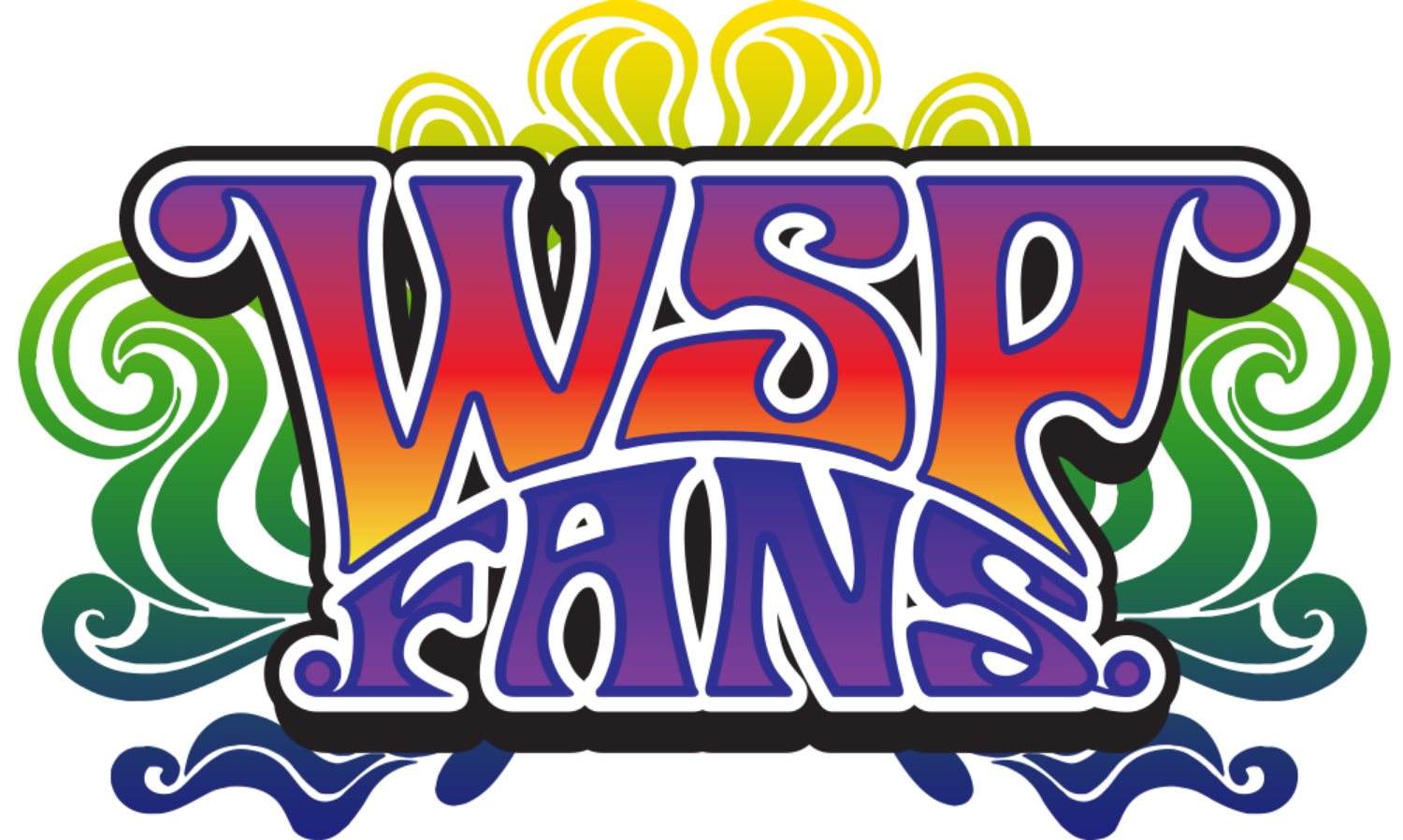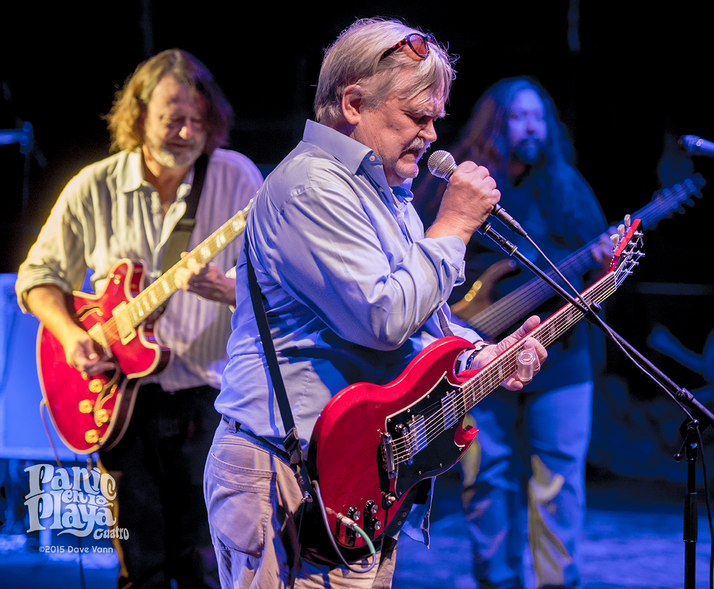Can't Get High: Spreadhead Shares His Story of Recovery

Chris Covington’s story written and transcribed by Heather Nigro
I grew up in a decent, working class household in Houston, TX. As a teenager, I was big into music, bands like Rush and heavy metal at the time. I was turned on to partying from peers I grew up with, but also from my sisters, too. Getting stoned and drinking in high school wasn’t out of the norm, but as I graduated it turned into a regular situation where I wasn’t your “normal” type drinker. I had three DUIs by the time I was 21. These were obviously telltale signs that I had some issues. No matter where I went, my challenges with drugs and alcohol came with me. I tried moving to different geographical locations, to places like Colorado and Florida thinking it would change things, but it never did… I just carried my problems with me.
I lost my license due to many DUI’s and at the age of 30, I really wanted my license back. I had been without it for a long time, so it was suggested that I attend AA meetings as one of the steps to get back on track. I was supposed to, but didn’t and the shrink I was seeing caught on that I wasn’t sober. He said if I wanted my license back, I really had to get serious and go to AA meetings or get treatment. I decided to start going to AA, and it helped me get sober for the first time. I discovered that I actually enjoyed it, and stayed sober from the age of 30-39. I had a relapse at the age of 39, after an evening out, due to taking Xanax. This led to another decade of a terrible run with drugs and alcohol. At that point I got addicted to a lot of opioids, benzoids, and then started drinking again. It was a long, dark journey…
In 2013, I had another wake-up call. I was arrested for having a grow house and selling prescription pills. As a result, I got into a lot of legal problems. By this time, I was so pathetically strung out by drugs and alcohol. I had reached such a low point that I thought I would probably die, and almost did…but I didn’t really care. Due to my legal problems, the court system pulled me in and a judge gave me a hard choice – I could go to prison or go into long-term treatment. I opted for the softer choice and to go into treatment. Once I started drying out, I saw that there was hope -- that I might be able to get sober again.
Missoula, MT Gateway Crew
On Sobriety
I’m the most liberal person that you will ever meet at a show or otherwise. I have a lot of friends that like to party and for me it just doesn’t work anymore. I’ve tried every alternative, and the only thing that works for me is 100%, every day sobriety. No marijuana maintenance or anything in between. I think most who don’t know me are surprised I’m a sober spreadhead - I don’t look like your typical sober person. I have a long beard and long hair…I think some people are shocked when they ask “do you do anything? Even weed?” I say “no I don’t do anything” - but to each their own, respectfully.
Good times with fellow Gateway Brother, Shane Heist
One of the biggest misconceptions on sobriety is “oh my god, my life has ended!” Even I had this one early on when I was 30 and I first got sober. What was I going to do? I lived in a very older community in Jupiter, Florida where the average age of a sober person is probably 55. I was thinking “what am I going to do with all of these old people?!” I thought it was the end of the earth and I was going to die not being able to party. The biggest reward was the path I took to sobriety. Everything in my life fell into place just like the universe wanted it to as a result.
It’s not like every day is cushy or not difficult. It’s just that life is so much more manageable, more enjoyable, not having to depend on something to make you feel different. It’s living life on life’s terms. It’s powerful to have your own feelings. When somebody dies it hurts…to be sad…to feel these things that are genuine feelings. It’s not some kind of mass feeling that is escalated or de-escalated by putting something in your body.
Sometimes when we get sober we have so much baggage that comes with it. We’ve crushed people that loved us and pretty much put a bad taste in their mouth for family members and friends that love us. All we can really do is try and repair that at some point down the line. But first things first-- we must maintain getting and staying sober.
Seeing Shows and The Gateway
When I entered sobriety in 2013, it was a fantastic feeling to do shows again. I did the Flopper’s Ball and St. Augustine shows in 2014. I had known about The Gateway from prior shows. So I joined the group on Facebook. Some people connected with me through the group, and I started slowly meeting people in sobriety. It’s awesome to know there are those from the Gateway when you’re in a slippery situation sometimes.
Many times people are coming back to their first show -- anywhere from one week, a year, or many years. At Panic en La Playa Sies, there was a girl coming back to shows with 8 months of sobriety. She had mentioned how sketchy it was being back with her crew and her being sober. It was a big a relief to her that we had Gateway meetings at La Playa. At the Gateway, we usually have two volunteers that work the table and stay for the first set, then we have a little get-together. It can either be like a formal meeting where everyone goes around, depending on the size and the time. Each shares what is going on in their lives at that moment. It’s more or less just a support group for people that want to get sober and stay sober. People come up to Gateway and say “I’m so grateful that you’re here. I just got sober and didn’t even know this group existed.”
That’s when you reap the rewards of what it’s all about…when that one person you’re able to touch at a meeting or a Gateway table comes up and says “I’m so glad that you all are here.” Everybody parties… it can look so appetizing at that moment, but the short (and long of it) is relapse is not pretty. Once you’ve worked through recovery, we have something called a “higher power” and the 12 steps. Some people call the higher power God, but the beauty of the higher power is that it’s something greater or bigger than yourself. You get onto a spiritual level where you don’t crave anything anymore. I don’t have to go to Gateway meetings, but I choose to and want to support it as much as possible to be there for the new person that might be coming in. I want to thank all of the unsung heroes of the Gateway. From the admins of the Facebook group, to countless volunteers at shows, and those who donate their time...I'm just a very small part of what makes Gateway the success it is!
If somebody told me in the last year that I was going to do every single Widespread Panic show of 2016 all the way through PELP Sies, I would’ve said ‘You’re dreaming!’ The cards fell into place, and I sold some shirts on the road to support things. I traveled to about 45 different states doing about 80+ shows completely clean. I love Panic people -- they are likeminded, and my people, sober or not.
Helping Others
When I went out on tour in 2016, a lot of people in my hometown friends were really worried about me. The one thing about being sober is you clean up the wreckage of your past and help others. When someone reaches out who is suffering from drugs or alcohol, we are all responsible. The goal is to help and support each other. It’s all about unity, service and recovery.
I had a buddy that had a serious alcohol problem, and he knew I was sober. He reached out to me, and I met him early last year. I know he was really struggling, and the doctors had warned him about life-and-death consequences if he continued to drink… We had talked, and he wanted to do another support system that was offered to him. He ended up taking this alternative route and the end result was him drinking himself to death. The bottom line is, (as far as I know) AA, NA and the 12 steps are the only way to get and stay sober. I have lost far too many friends, (6 alone in the last year) due to alcoholism and addiction.
You need the fellowship of people to help get to a higher power. It helps to get a sponsor and to do 90 meetings in 90 days. If you listen to others in AA or NA, that have been around for a while, they are supportive and have good advice on how to live life sober one day at a time. If you can lean on family members as a stepping stone that’s great but not always an option. Know that there are people within your support group of AA or NA are a big part of your recovery and there for you. The steps of my journey to sobriety were my own, everybody’s is different. But you must realize you are never alone, especially at a Panic show. Until later, may we all trudge the happy to road to destiny.











